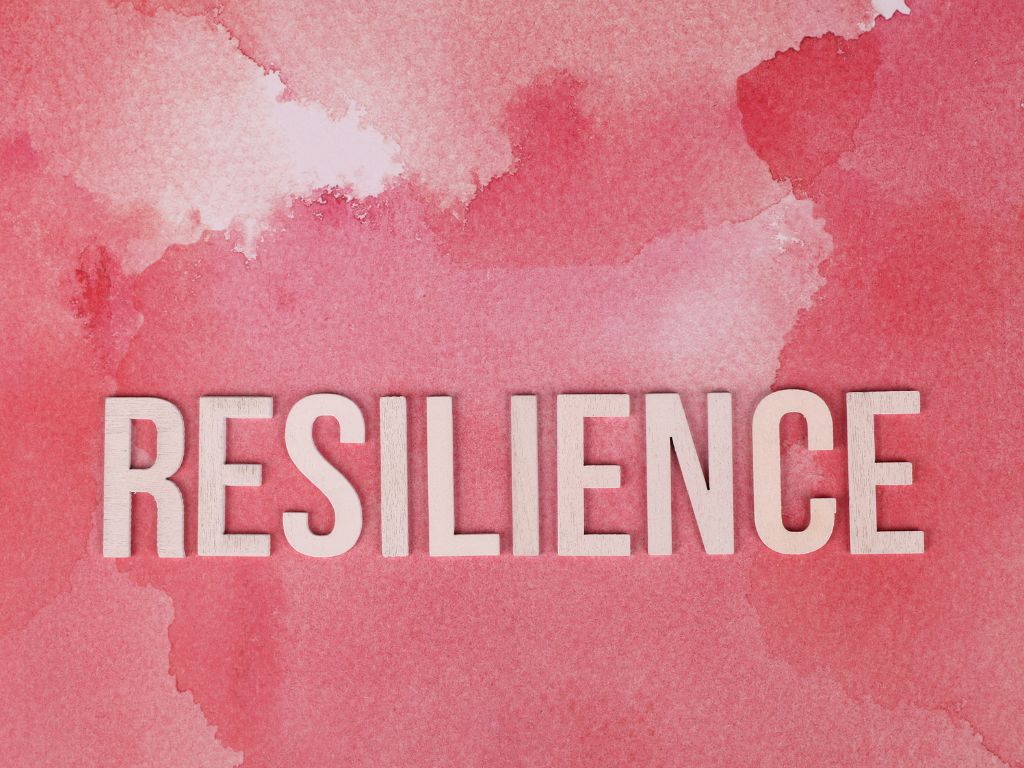Because Performance Isn’t Built in Meetings—It’s Built During Recovery
In high-performance leadership, stamina is everything.
You’re expected to make complex decisions, lead with emotional clarity, adapt quickly, and stay composed under pressure.
But all of that depends on something few executives ever think about:
Deep sleep.
While many leaders know that sleep is important, few understand that not all sleep is created equal—and that deep sleep (also known as slow-wave sleep) plays a non-negotiable role in your ability to show up at your best.
If you’re constantly waking up groggy, mentally scattered, or emotionally thin—you might not be getting enough deep sleep, no matter how many hours you’re logging in bed.
This article will unpack:
- What deep sleep is and why it matters
- How it fuels executive function and resilience
- What undermines deep sleep (and how to fix it)
- Strategies leaders can use to protect this vital stage of rest
What Is Deep Sleep—and Why Should Leaders Care?
Deep sleep is a specific stage of non-REM sleep, also known as slow-wave sleep (SWS) due to the brain’s delta wave activity.
It typically occurs in the first half of the night and plays a major role in physical recovery and neurological repair.
During deep sleep, your body:
✅ Repairs muscle tissue
✅ Flushes toxins from the brain (via the glymphatic system)
✅ Consolidates long-term memory
✅ Regulates immune function
✅ Balances key hormones including cortisol, growth hormone, and insulin
For leaders, deep sleep is where cognitive restoration and emotional resilience are built.
What Happens to the Brain Without Deep Sleep?
When deep sleep is cut short—by stress, alcohol, late-night screens, or sleep disorders—your brain enters the next day unrecovered.
What this looks like in leadership:
- Increased emotional reactivity
- Slower decision-making and problem-solving
- Brain fog and decreased focus
- Impaired memory retention
- Lower stress tolerance
- Higher risk of burnout
According to the American Academy of Sleep Medicine, adults need 1.5 to 2 hours of deep sleep per night for optimal functioning. Most leaders are getting far less.
Deep Sleep = Resilience: The Leadership Link
Let’s connect the dots:
1. Stress Recovery and Cortisol Regulation
Deep sleep reduces cortisol—the primary stress hormone—and allows your nervous system to reset after high-pressure days.
Leaders who lack deep sleep stay in a chronically elevated stress state, leading to irritability, poor judgment, and eventual burnout.
2. Emotion Regulation and Leadership Presence
Deep sleep strengthens the prefrontal cortex, the brain’s center for impulse control, composure, and empathy.
This directly affects how you show up in meetings, give feedback, or respond in crisis.
No deep sleep? No buffer. Just reaction.
3. Decision-Making and Creative Problem-Solving
Deep sleep supports memory consolidation and neuroplasticity, helping you connect insights and retrieve critical information under pressure.
Without it, your brain struggles with working memory, strategic recall, and high-stakes problem-solving.
4. Energy and Long-Term Sustainability
Deep sleep restores ATP—the brain’s primary energy molecule.
Without enough, your energy drains faster throughout the day, forcing reliance on caffeine or adrenaline.
Over time, this leads to exhaustion masked as “drive.”
What Disrupts Deep Sleep for Busy Leaders?
Even high performers with “perfect” evening routines are unknowingly undermining their deep sleep.
Here are the most common culprits:
1. Late-Night Caffeine or Alcohol
- Caffeine has a half-life of 5–7 hours and blocks adenosine, your natural sleep-inducing chemical.
- Alcohol fragments sleep and reduces time in deep and REM stages.
2. Screens Before Bed
- Blue light from phones and laptops suppresses melatonin and delays slow-wave sleep onset
- Mental stimulation keeps the brain in alert mode, even after logging off
3. Irregular Sleep Schedules
- Inconsistent bedtimes confuse your circadian rhythm and reduce sleep efficiency
- This leads to shorter deep sleep cycles and more light sleep interruptions
4. Chronic Stress and Overthinking
- A racing mind and unregulated nervous system prevent deep sleep onset
- This is especially common in high-achieving, high-responsibility professionals
How to Protect and Enhance Deep Sleep (Even With a Busy Schedule)
Deep sleep can’t be “hacked”—but it can be supported intentionally.
Here’s how:
1. Maintain a Consistent Sleep-Wake Schedule
Go to bed and wake up within the same 30-minute window—even on weekends.
This trains your brain to enter deep sleep earlier and more efficiently.
2. Wind Down With a 60–90 Minute Pre-Sleep Routine
- Dim the lights
- Log off screens
- Journal, stretch, or do breathwork
- A calm wind-down lowers cortisol and eases you into the slow-wave phase.
3. Cut Caffeine by 2 PM and Alcohol at Least 3 Hours Before Bed
This reduces chemical interference with your brain’s ability to transition into deep sleep stages.
4. Use Wearables to Monitor Your Deep Sleep Trends
Devices like Oura, Whoop, or Apple Watch can help you track:
- Total deep sleep time
- Sleep latency
- Heart rate variability (HRV)
- Use the data to refine your habits and improve sleep architecture.
5. Build a “Recovery Culture” in Your Team
As a leader, model sleep and recovery as performance strategies, not indulgences.
Teams follow what you practice—not just what you preach.
Final Thoughts: Deep Sleep = Deep Leadership
Deep sleep isn’t just for athletes or wellness gurus. It’s a core performance driver for modern leaders.
Without it, your decision-making suffers.
Your presence falters.
Your resilience wears thin.
But with it?
✅ You lead with clarity.
✅ You communicate with composure.
✅ You recover fully—and show up strong, again and again.
It’s not just about how much you sleep—it’s about the depth of your recovery.
And deep sleep is where real leadership capacity is restored.

